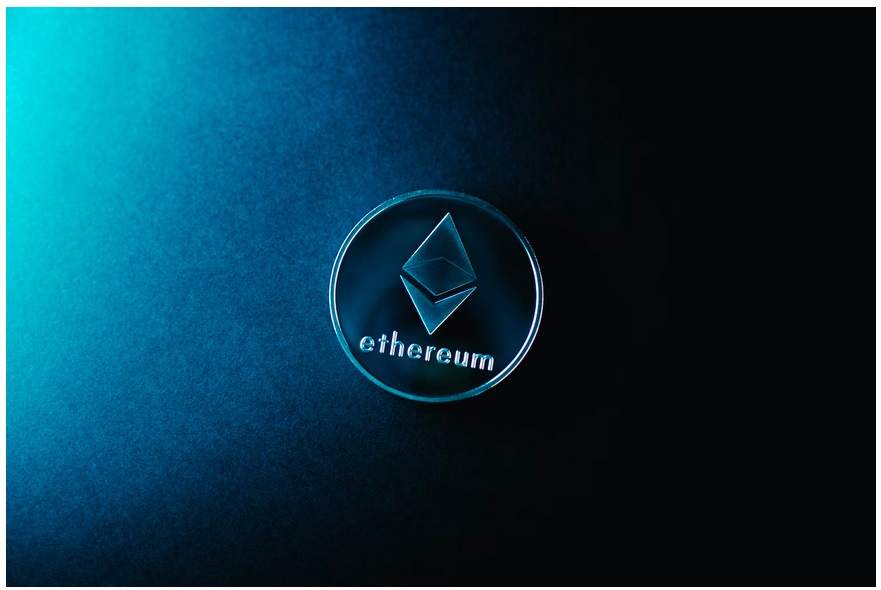
- Polygon beats Ethereum a second time, with individual NFT trades surging above $1.5 million in January.
- Polygon taps Meroku to build and launch a dApp store kit.
The Polygon NFT marketplaces are succeeding at a much higher pace than Ethereum’s NFT marketplace. According to new metrics shared by Dunes Analytics, Ethereum NFTs are trading at a lower pace than Polygon NFTs.
In Particular, 1,514,895 Polygon NFTs were traded on OpenSea last month. Meanwhile, Ethereum NFTs traded a total of 1,132,681 NFTs on OpenSea in January.
Polygon now shows itself to be a strong Ethereum competitor. The new victory marks the second time that Polygon NFTs has surpassed Ethereum in individual NFT sales.
Apparently, the average Polygon NFT trader only traded 7 NFTs in November 2022. Meanwhile, the average Ethereum NFT trader traded $1,390 (3.54 NFTs)
The Polygon NFT marketplace is evidently thriving in many ways than one. Polygon has been recording more traders as the months go by. Dunes mention that Polygon traders have reached an all-time high. 224,719 traders have now entered the platform since January 2023.
Despite sitting behind Polygon in monthly NFT traders, Ethereum NFT trading recorded a new high of $444 million in January. This is the highest number attained since August 2022. This is all thanks to the 319,641 new traders that the platform ushered in.
Although Dune Analytics doesn’t provide monthly transaction metrics for Solana, Solana’s NFT transaction volume and active wallet addresses are significantly lower than that of Ethereum and Polygon.
It is also worth noting that Opensea, the leading Web3 NFT marketplace, has also seen a rise in activity since the start of the year. According to Dune’s data, Opensea’s daily trading volume is back above $10 million, after slipping below that level in November 2022.
Polygon unveils open source developer tookit with MerokuStore
Polygon has also partnered with decentralized app store protocol Meroku to launch a dApp store kit. The open-source software development tech stack will allow users to create their own EVM-compatible dApp store.
Users are in charge of setting their own prices, curating, governance, branding, and distribution. Users can also upload and share projects on different platforms. Polygon remarked in a blogpost.
DApp Store Kit is not a proof of concept. It is a working product with a registry containing over 900 dApps and running on code that is open to anyone to audit and build on.
The product is to be rolled out in two phases, the first of which was built by Meroku, with the help of Polygon and is set to go live today.
Subscribe to our daily newsletter!
No spam, no lies, only insights. You can unsubscribe at any time.
The second phase will focus on building out the product’s feature set with help from other community partners including XMTP.org, Etherscan, MoonPay, The Dapp List, and Wyre. Additionally, Epic League, Gamee, and GameSwift have committed to be the product’s first implementation partners.
Polygon further explains this in the blogpost.




